
Microsoft faces another European investigation over Windows 10 privacy concerns
Worries about privacy in Windows 10 show no signs of abating, with Europe expressing ongoing concerns about Microsoft's data gathering and telemetry.
Having already asked Microsoft to make modifications to Windows, the Dutch data protection agency (DPA) has since looked into what changes the company has implemented. Having found "new, potentially unlawful, instances of personal data processing", the agency is calling for an investigation by the Irish Data Protection Commission (DPC), Microsoft's lead EU privacy regulator.

One in four workers would steal information to get a job at a competitor
Would you take information from your employer to help you get a job at a competitor? 24 percent would according to a new survey of almost 500 IT professionals carried out at Blackhat USA 2019.
The survey by behavior-based security specialist Gurucul finds that managed service providers (34 percent) and developers (30 percent) pose the leading sources of third party risk, and that if someone was to commit fraud it would most likely occur in the finance department (32 percent).

Over half of social media logins are fraudulent
Social media sites are a popular target for cybercriminals. It shouldn't come as too much of a surprise therefore to find that 53 percent of logins on social media sites are fraudulent and 25 percent of all new account applications are too.
These are among the findings of a study by anti-fraud platform Arkose Labs which analyzed over 1.2 billion transactions spanning account registrations, logins and payments from financial services, e-commerce, travel, social media, gaming and entertainment industries, in real time.

Cyber-stalking from 240 miles in the sky
"In space, no one can hear you…stalk?" That's the phrase that comes to mind as I sift through the sensationalist coverage of astronaut and decorated combat veteran Anne McClain's brief sojourn into the world of cyber-stalking. And while the act of checking up on an estranged spouse's financial activity is relatively common in a world where roughly half of all marriages (at least in Western countries) end up in divorce, the fact that Ms McClain chose to do so while orbiting the Earth at over 17,000 mph adds a degree of novelty to an otherwise mundane story.
Indeed, the purported "scene of the crime" introduces several new wrinkles to the matter, including under which jurisdiction her apparently illegal actions should fall. According to official sources, inhabitants of the International Space Station (ISS) are subject to the laws and regulations of their home countries. So, a Japanese astronaut is subject to Japanese law, a Russian to Russian law, etc.
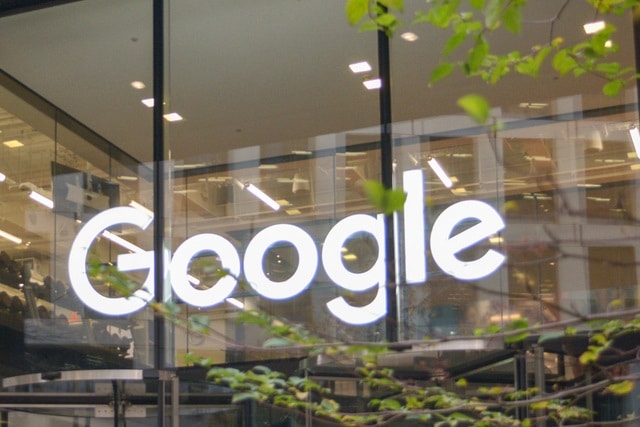
Google seeks to make the web more private for Chromium users with Privacy Sandbox
Google is not a company synonymous with privacy, but the company increasingly recognizes the importance people place on it. With this in mind, it has launched a new initiative called Privacy Sandbox which aims to increase online privacy.
The bold goal is to "develop a set of open standards to fundamentally enhance privacy on the web", and one of the first proposals seeks to limit online track of users. It will limit fingerprinting, change the way targeted advertising works, and more.

Microsoft and others join the Linux Foundation's Confidential Computing Consortium
Microsoft, Google, Red Hat, IBM and Intel are among those to join the newly formed Confidential Computing Consortium (CCC). The new organization will be hosted at the Linux Foundation, having been established to help define and accelerate the adoption of confidential computing.
The company explains that, "confidential computing technologies offer the opportunity for organizations to collaborate on their data sets without giving access to that data, to gain shared insights and to innovate for the common good". Microsoft will be contributing the Open Enclave SDK that allows developers to build Trusted Execution Environment (TEE) applications using a single enclaving abstraction.

Microsoft contractors have been listening to audio captured via Xbox consoles
There have been lots of exposés over the last few weeks about the fact that numerous companies -- including Apple, Microsoft, Facebook, Amazon and Google -- have been listening to recordings of interactions between customers and digital assistants. The latest revelation is that Microsoft contractors have been listening to Xbox users.
A new report says that contractors working for Microsoft listened to audio clips recorded when Xbox users interacted with Kinect and Cortana on their consoles.
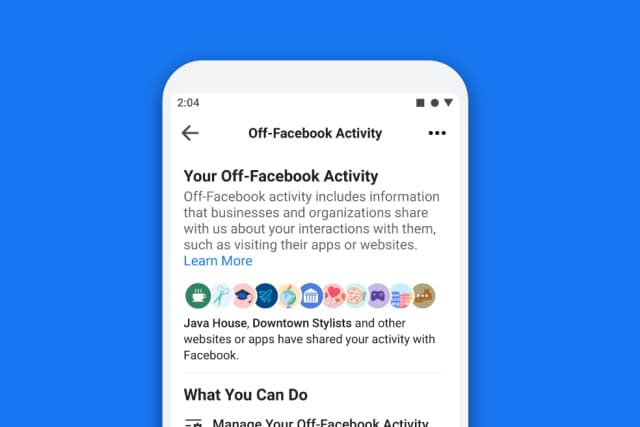
Facebook ups its privacy game (a bit) with new tool for users to control data shared by websites
Facebook has launched a new privacy tool, giving users the chance to see and control the data the social network collects about them from other websites.
Called Off-Facebook Activity, the new tool lets users restrict what is shared to Facebook by apps and websites. More than this, it enables Facebook users to sever ties between websites and the social network, with a view to limiting the personalization of ads on Facebook.
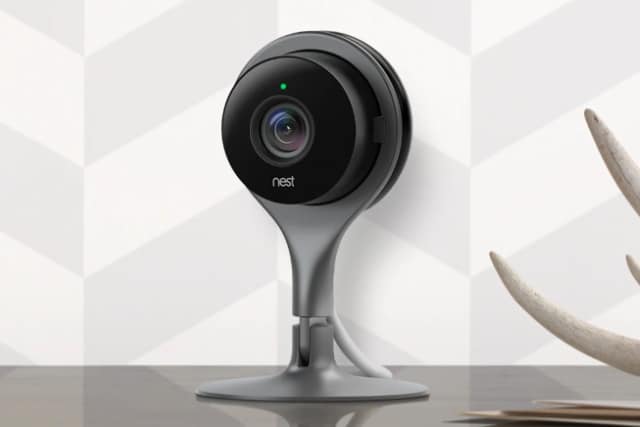
Google no longer lets you turn off status lights on Nest cameras
Google is rolling out updates to its Nest Cam, Dropcam and Nest Hello cameras that removes the option to disable status indicator lights.
Citing privacy, Google says that users should "always see a clear visual indicator when your Nest cameras are on and sending video and audio". The company might be introducing the change in the name of privacy, but owners of the devices are far from happy about it.

Privacy: Apple now treats WebKit tracking circumvention as a security issue
Apple has updated its WebKit policy, increasing the company's focus on privacy. The new WebKit Tracking Prevention Policy now states that any circumvention of its anti-tracking feature is treated in the same way, and as seriously, as security issues.
The aim is to prevent web tracking completely because "these practices are harmful to users because they infringe on a user's privacy without giving users the ability to identify, understand, consent to, or control them". Apple says it wants "to see a healthy web ecosystem, with privacy by design".

60 percent of UK consumers not happy with their data being used for analytics
Customers are more worried than ever about the way their data is used and shared by companies, particularly for analytics, according to a new report.
The Customer State of Mind survey from data protection specialist Trūata shows 60 percent of UK customers are uneasy with companies using their personal data for analytics. Recent high-profile data leaks have also added to this negative perception of the way personal data is managed by brands.
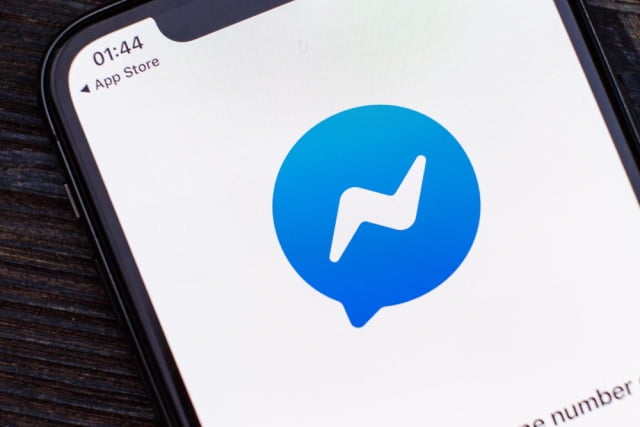
Facebook has been paying people to listen to your Messenger conversations
It probably comes as absolutely no surprise to anyone, but Facebook is just the same as Google, Amazon and Apple when it comes to listening in on your conversations -- the ones you thought (or at least hoped) were private.
Following a report from Bloomberg News, Facebook has confirmed that paid contractors have been listening to audio of conversations. The company says, however, that it has put the brakes on the practice -- for now, at least.

Free VPN apps pose a privacy risk on both Android and iOS
Both Apple and Google are allowing numerous potentially unsafe free VPN apps to remain in their app stores, despite being aware of privacy risks according to research from Top10VPN.com.
Among the string of serious privacy issues uncovered but not acted upon is the discovery that nearly 60 percent of the most popular free VPN apps are secretly Chinese-owned.

Microsoft is at it too: workers are listening to your Skype and Cortana conversations
The idea that conversations you have with or via your computer are confidential has been completely dispelled over the last couple of weeks. We've learned that not only were Google workers listening to recordings of people using Google Assistant, Apple workers were listening in on Siri commands, and Amazon workers could hear what you're saying to Alexa.
If you thought Microsoft would not engage in such activity, think again. A new report reveals evidence that contractors working for Microsoft are listening to Skype calls made via the translation feature.
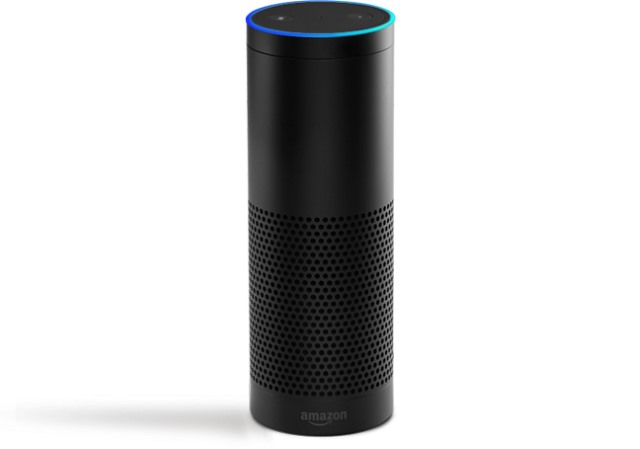
How to opt out of Amazon listening to what you say to Alexa
There have been privacy concerns about digital assistants for just about as long as there have been digital assistants, and the recent confirmation that Google and Apple were listening to Assistant and Siri conversations has done nothing to allay fears.
The 'were' in that last sentence is important, as both companies have agreed -- at least temporarily -- to cease the practice. Not wanting to miss out on an opportunity for good PR, Amazon is getting in on the action, giving Alexa users the chance to opt out of having their conversations with its digital assistant listened to -- or "manually reviewed", as Amazon would prefer. Here's how to do just that.
